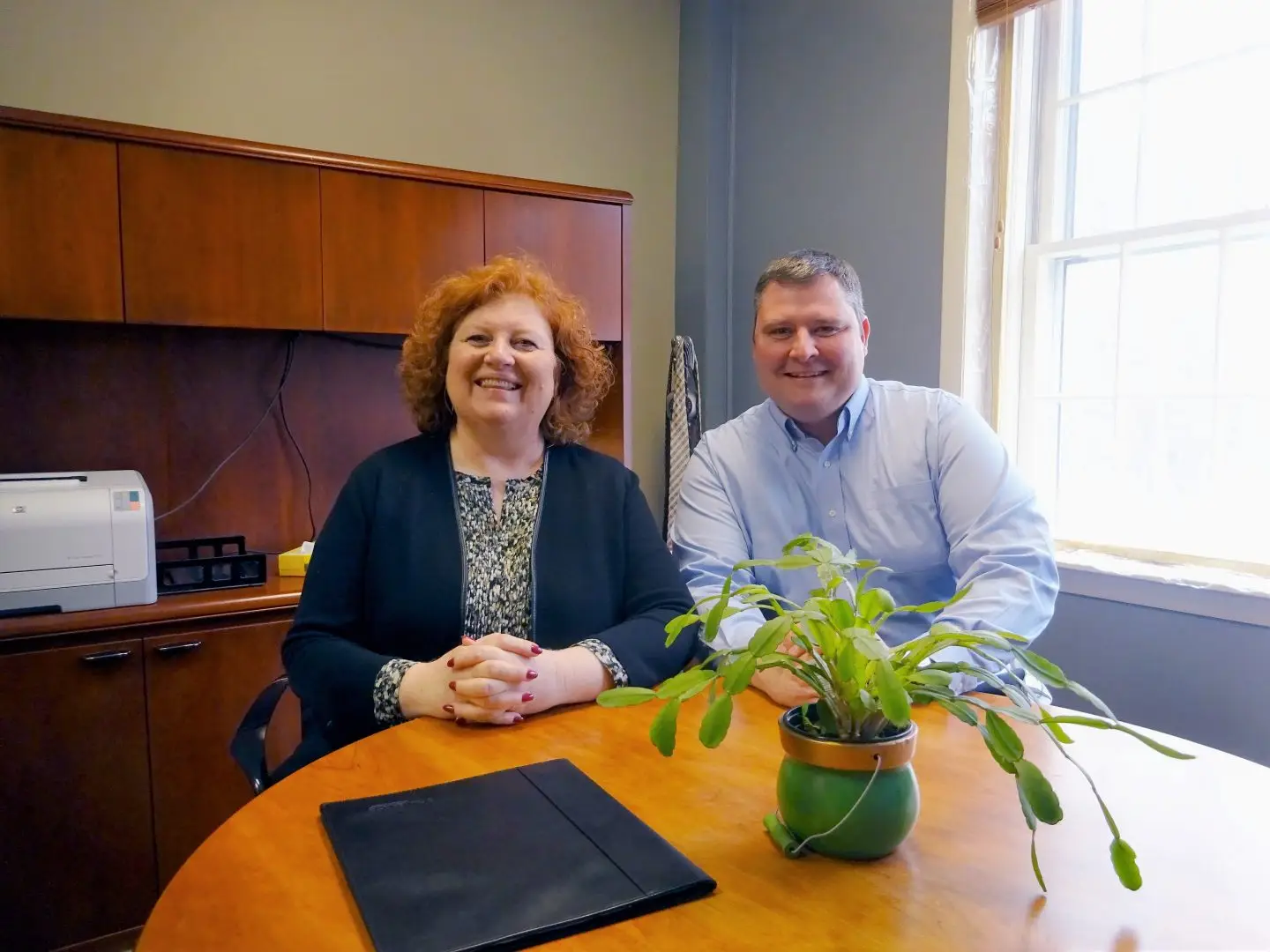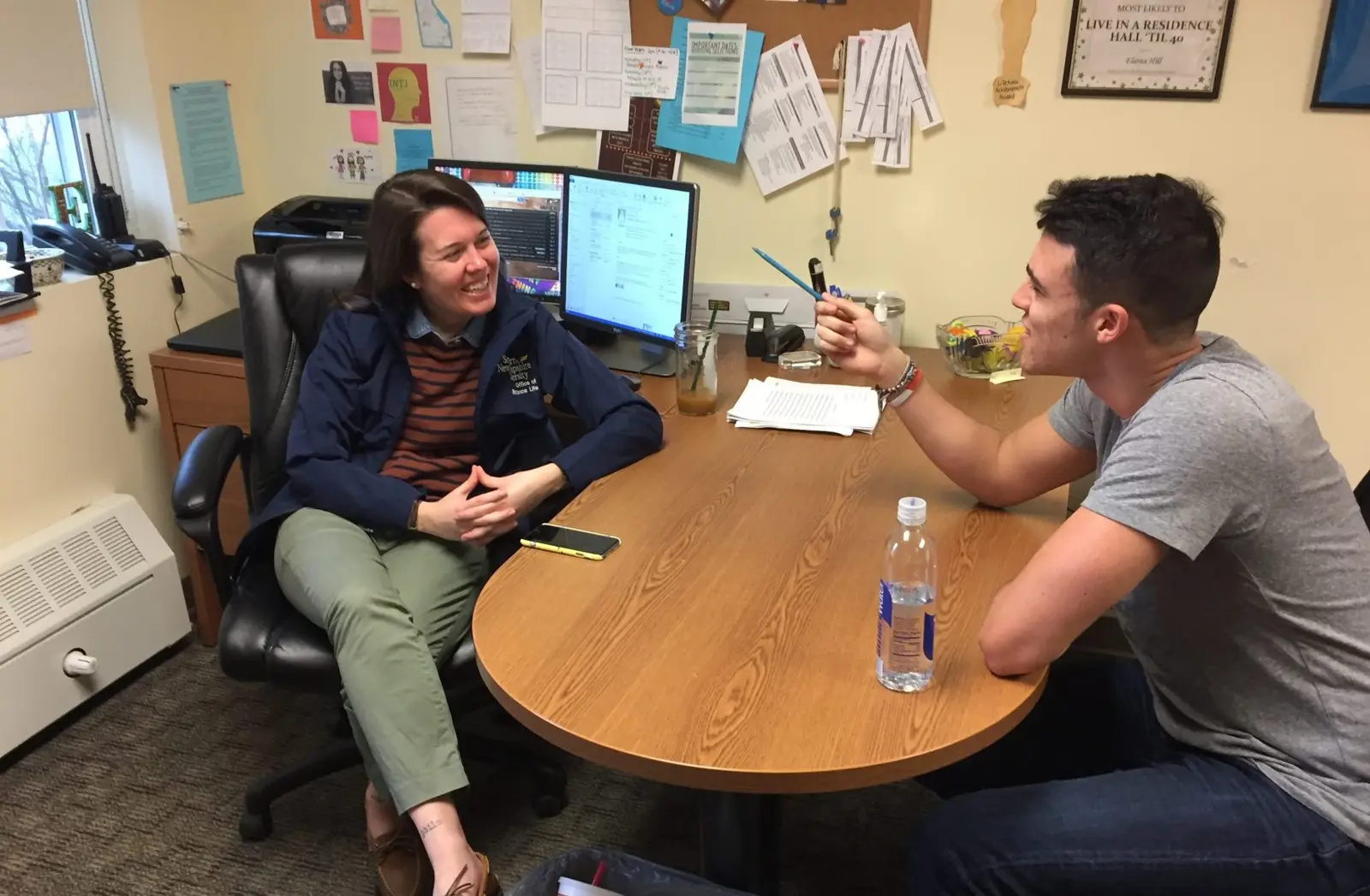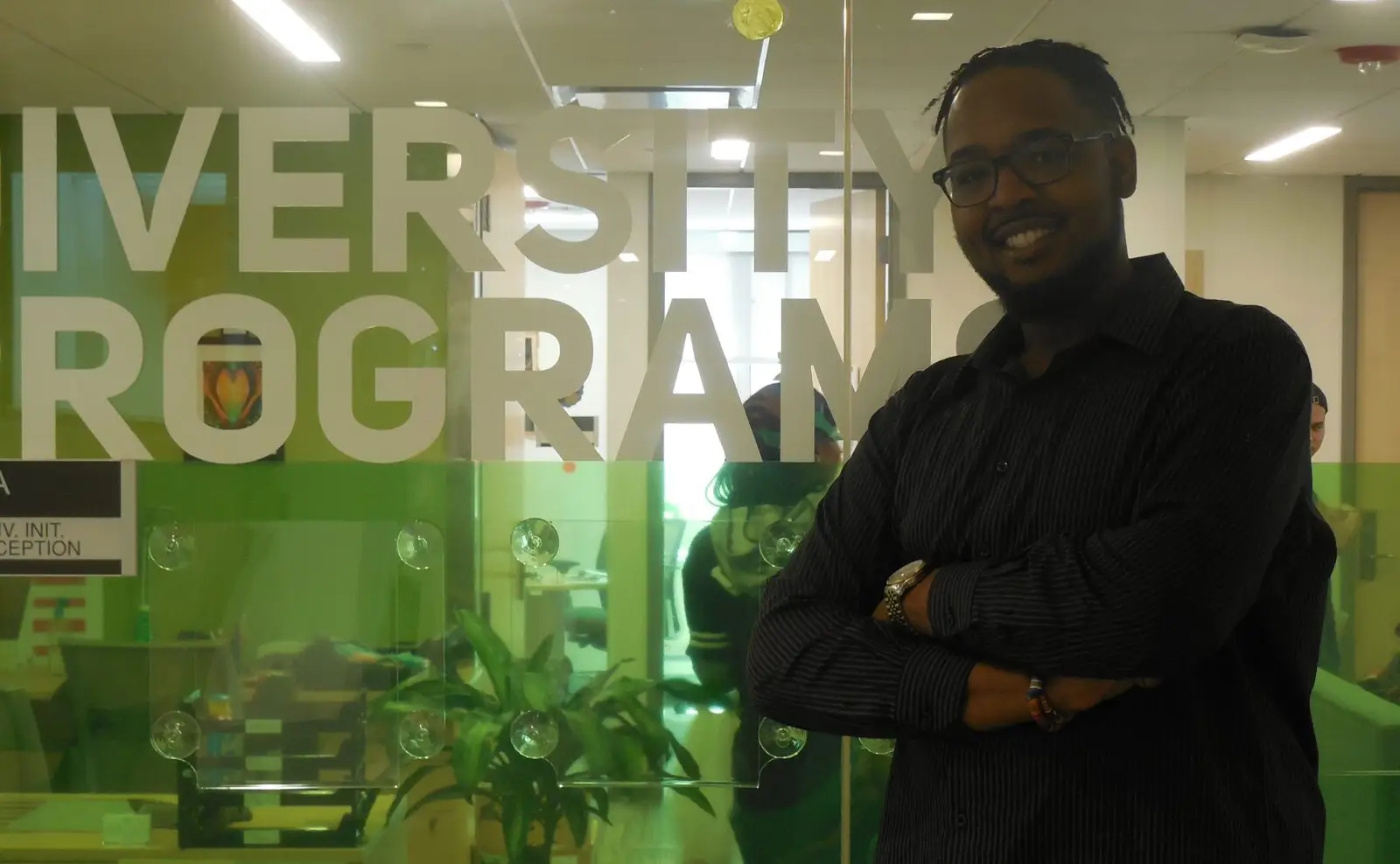SNHU’s Office of Sustainability was established in 2021. They will celebrate two years of the office’s opening in July.
Sustainability Manager, Pamela Beckvagni, works to further the efforts of the office’s sustainability.
“When we think about awareness here, what we really want is the step beyond that, which is getting people involved,” said Beckvagni.
The Office of Sustainability has a list of goals to achieve, which fall in the areas of academics, operations, engagement, and planning and administration. The work is different for each area. Academically, they develop sustainability curriculums.
“Across each of these goal areas, the work is different. For example, in our Academics workstream, we’ve just wrapped up creating a guiding framework for developing and defining [a] sustainability curriculum. Work like this eventually will trickle down into classes, degrees, certificates, and beyond,” said Beckvagni.
The office’s three primary functions are “to advance sustainability in our University-level strategy, to track and report on sustainability work, and to build a culture of sustainability by engaging everyone in the work of creating an environmentally friendly school,” said Beckvagni. “Some of that work is more programmatic and outward facing, like the Good Stuff move-out program that we have taken on the task of coordinating. Some of that work is policy-based and internal.”
The office doesn’t do it alone. On their team, they have student Eco-Reps who work toward educating people about sustainability while partnering with community groups.
“Most importantly, our team of Student Eco-Reps can be found both on campus and online, working with stakeholders on things like sustainability education and reporting, coordinating community groups, and focusing on university surplus as well as our waste metabolism,” said Beckvagni.
Emily Salyards (’25), an Eco-Rep and an Environmental Club member, applies her degree in Environmental Science and her knowledge from being a club member to live a sustainable life.
“In my roles as a student majoring in Environmental Science, an Eco-Rep, and an Environmental Club member, I am able to learn how to live sustainabl[y] and gain current knowledge and experience that I can apply in my professional work,” said Salyards.
The office works closely with the Environmental Club to further awareness by working on projects and sharing a common interest in sustainability.
“We have provided resource support to the club by sponsoring projects and events in the past. The club serves an important role in our work by allowing us to meet students where they are at and find ways to support their passions and interests in making the world a better place,” said Beckvagni.
Recognizing that everyone lives on the same earth and shares resources helps people reach a sustainable life. Thinking about climate change and access to clean drinking water can help people recognize the importance of sustainability.
“Sustainability is really about recognizing that all of us live in the same, global community,” said Beckvagni. “We all deserve a healthy, happy life, however, two billion of us lack safe drinking water. One and half billion of us are projected to be displaced by the worst of climate change.”
Sustainability is a group effort and it can’t be obtained with just one person.
“Sustainability is only actionable when it is also connected to the community. After all, change only comes from concentrated efforts; one person can’t do it alone,” said Beckvagni.
To learn more about the Office of Sustainability and its efforts, they are reachable at sustainability@snhu.edu.




